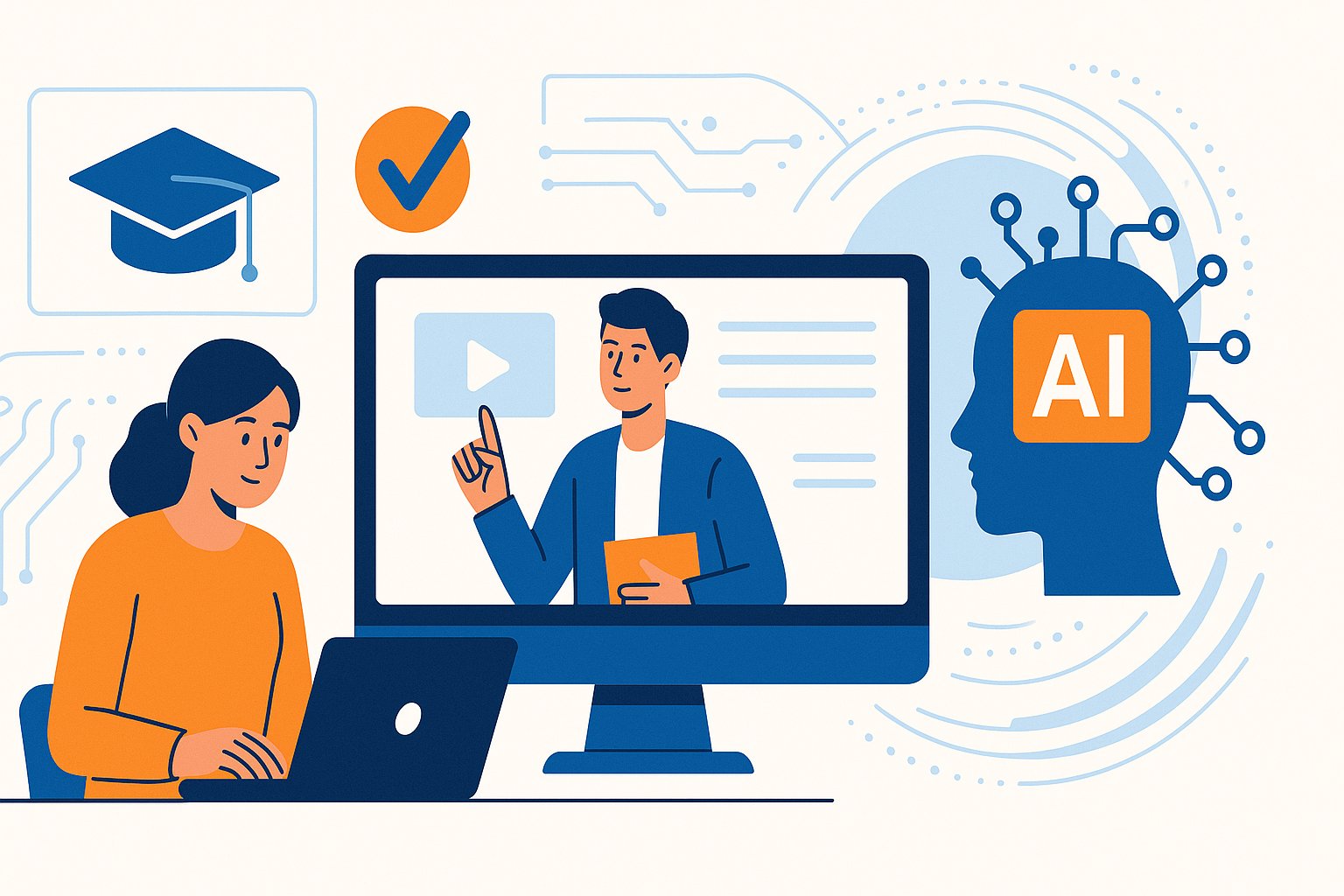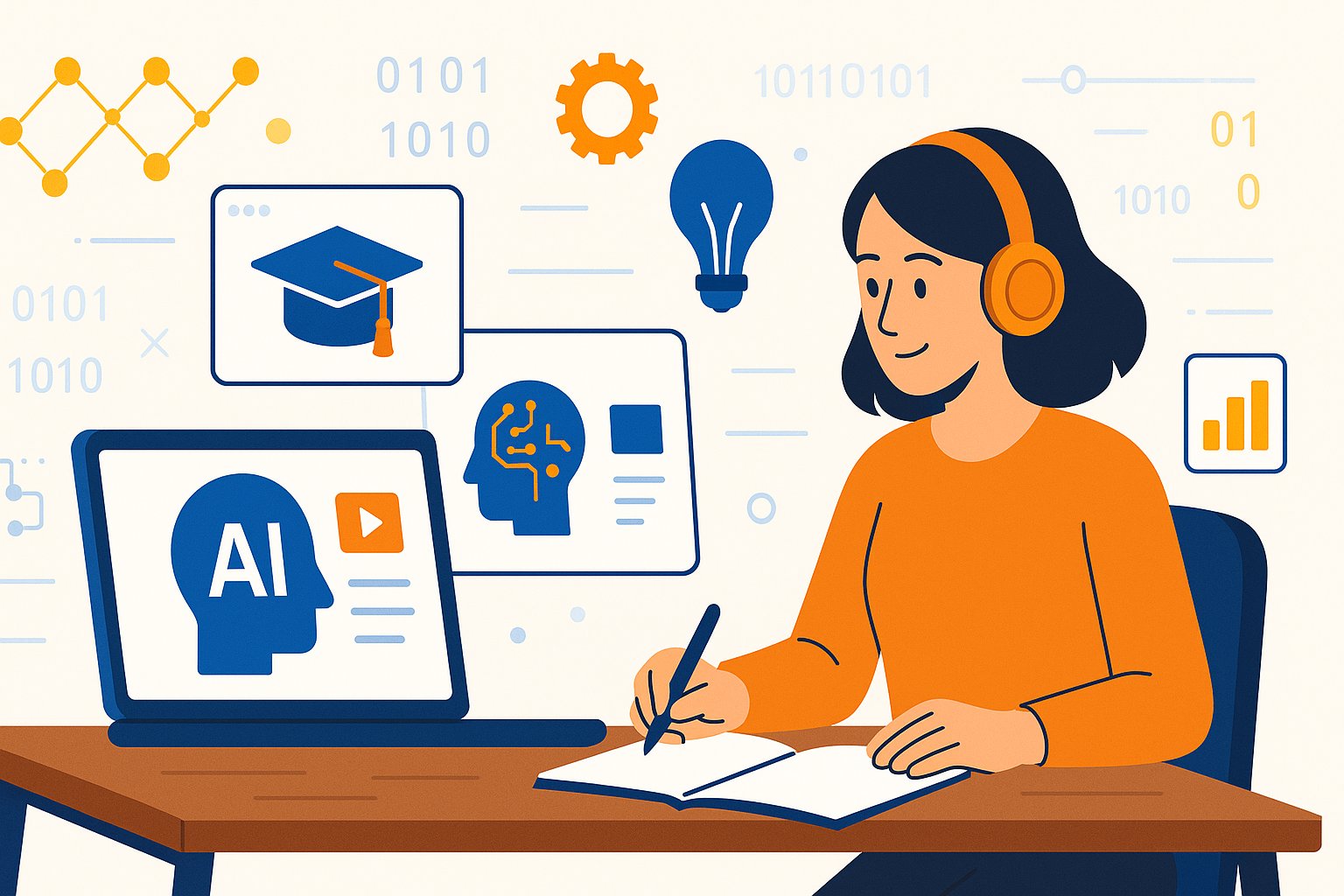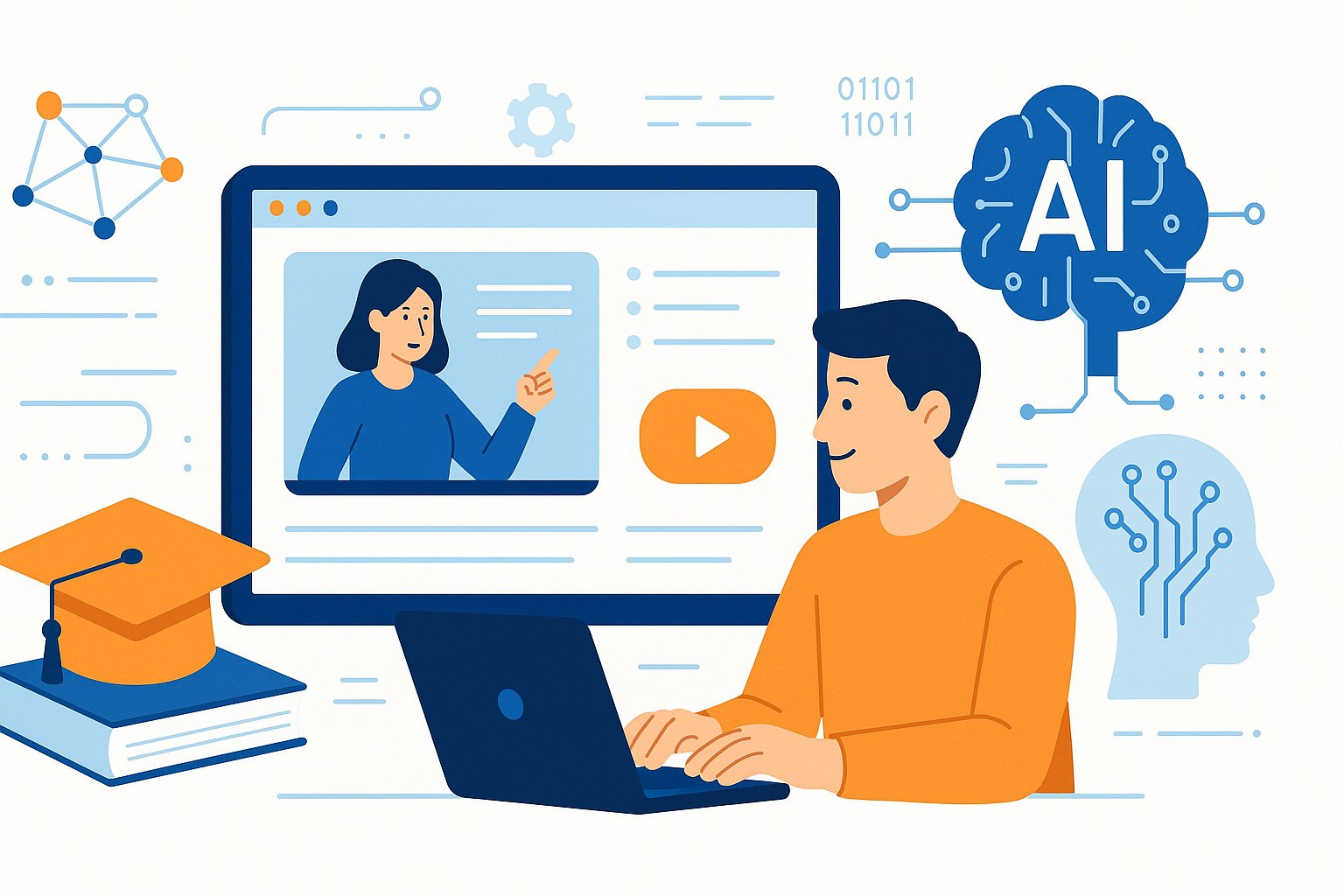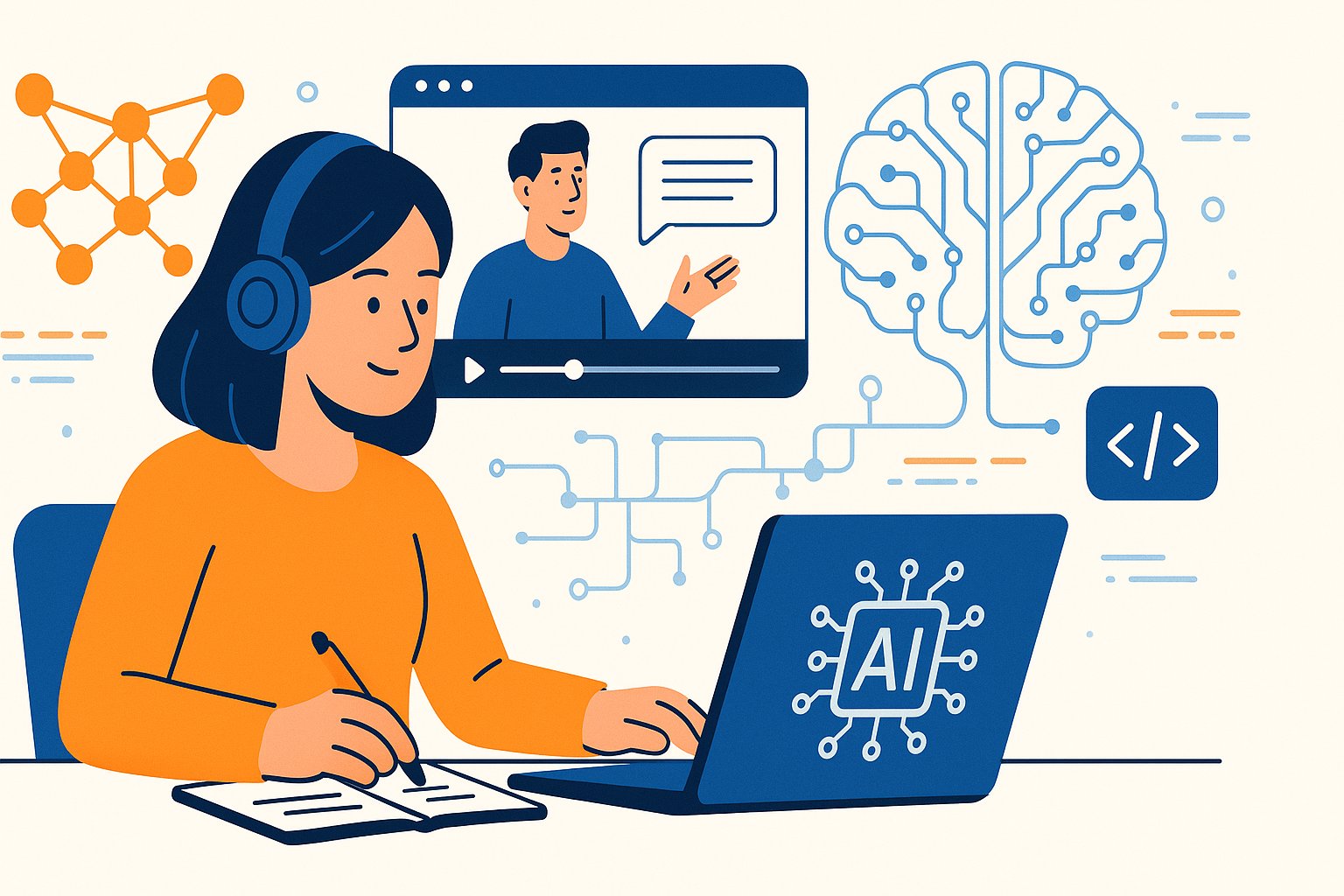The Future of Productivity: How Quality Assurance Testers Can Harness AI
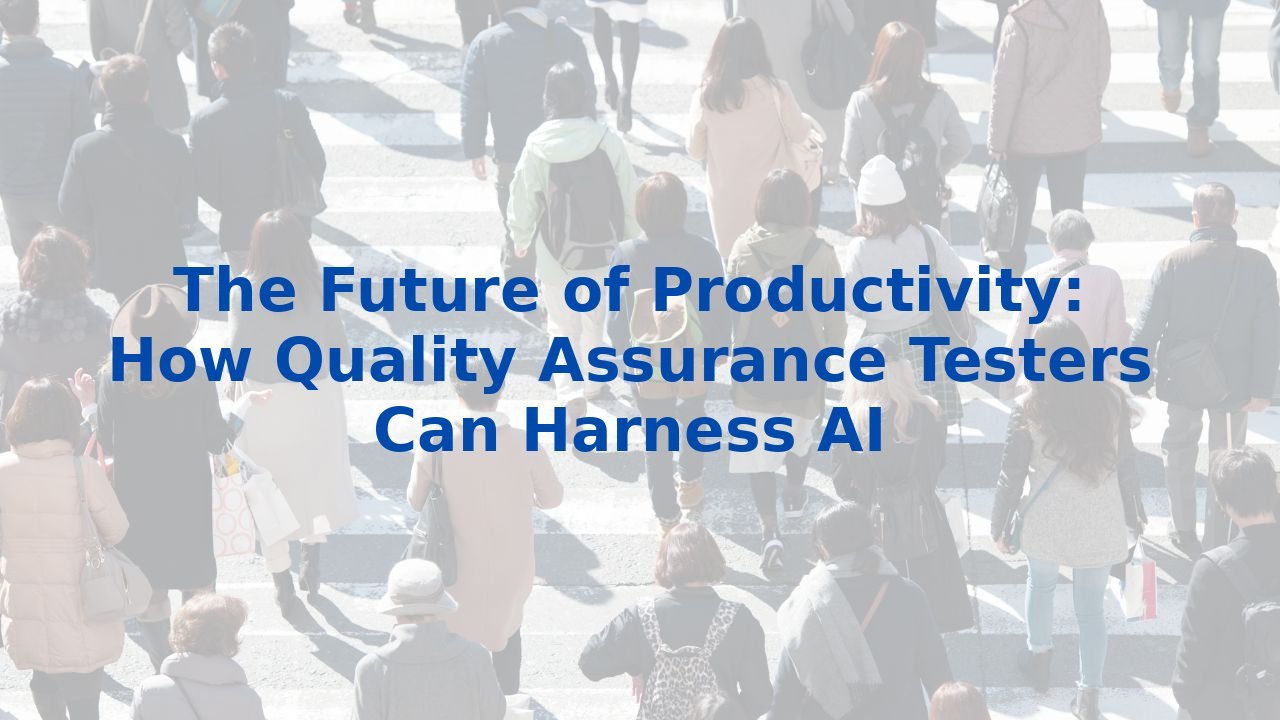
With the rise of artificial intelligence, Quality Assurance (QA) testers have an unprecedented opportunity to revolutionize their workflow. AI can automate repetitive tasks, enhance analytical capabilities, and ultimately make QA testers more productive and efficient. Leveraging tools like ChatGPT and other AI solutions is no longer a luxury but a necessity for those looking to stay ahead in their careers. This article delves into how QA testers can use AI tools to boost their productivity and outlines actionable steps to get started.
Streamlining QA Workflows with ChatGPT
Generating Test Scripts
One of the most time-consuming tasks for QA testers is writing and maintaining test scripts. By using ChatGPT, these scripts can be generated in a fraction of the time. Simply provide a prompt describing the test case you need, and ChatGPT will create detailed scripts that can be easily adjusted to suit your specific requirements.
Bug Tracking and Reporting
Another area where ChatGPT shines is in creating bug reports. Instead of manually documenting every detail, you can use ChatGPT to draft comprehensive reports, allowing you to spend your time on higher-value tasks. Just provide the tool with the necessary information, and it will handle the rest.
Documentation Assistance
QA testers know the critical importance of thorough documentation. ChatGPT can assist in drafting user guides, testing procedures, and even compliance documentation, ensuring that all necessary information is clear, complete, and easily accessible.
Effective Prompts for ChatGPT in QA
Writing Test Scripts
Prompt: "Generate a test script for a login functionality that checks for valid and invalid user credentials."
Bug Reporting
Prompt: "Create a detailed bug report for a mobile application that crashes when the user attempts to upload a file."
Documentation
Prompt: "Draft a user guide for a new feature in our software that allows users to export data to Excel."
AI Tools Beyond ChatGPT
Test Automation Software
AI-powered test automation tools like Selenium, Appium, and Test.ai can run scripts autonomously, reducing manual testing time and ensuring that more scenarios are covered. These tools often include advanced analytics capabilities, providing insights into test results that would be difficult to capture manually.
AI-Based Bug Detection
Tools such as Bugsee and Applitools use machine learning algorithms to identify unusual patterns and potential issues in software applications. These tools can alert QA testers to bugs that may not be easily visible, helping to catch issues before they become major problems.
Performance Testing
AI tools like LoadRunner and JMeter use machine learning to simulate real-world load conditions for performance testing. These tools can predict system behavior under various conditions and provide recommendations for improvements, ensuring that applications run smoothly under stress.
The Future of AI in QA Testing
The role of AI in QA testing is rapidly expanding, and the future looks promising. Emerging trends include predictive analytics for identifying potential failure points before they occur and natural language processing for more intuitive interaction with testing tools. Additionally, AI-driven tools will increasingly offer more personalized insights and recommendations, further optimizing the QA process.
Real-Time Analytics
AI capabilities will soon allow QA testers to analyze test data in real-time, providing instant feedback on software performance and stability. This will enable faster identification and resolution of issues, ultimately leading to higher quality software products.
Enhanced Collaboration
AI tools will improve collaboration among QA teams by automating communication and documentation processes. Features like automated meeting summaries, real-time project updates, and intelligent task management will streamline teamwork and ensure that everyone stays on the same page.
The Imperative to Embrace AI
For QA testers, the importance of learning and adapting to AI cannot be overstated. AI is not here to replace jobs but to enhance productivity and efficiency. QA testers who embrace AI will find themselves more competitive in the job market, able to handle more complex tasks, and deliver higher value to their employers. The ability to get more done in less time directly translates to increased earning potential and job security.
Those who fail to adapt may find themselves left behind as the industry continues to evolve. The phrase "AI won't take your job, but QA testers who use AI will" has never been more pertinent. By integrating AI tools into daily workflows, QA testers can ensure they remain invaluable assets to their organizations.
Are you looking for over 15 different ways Quality Assurance Testers can use AI, 1000s of additional prompts to support you with your work, video training and more? Complete AI Training supports Quality Assurance Testers to learn AI and stay up to date on AI. Visit our course at https://completeaitraining.com/course/ai-for-quality-assurance-testers. Also, check out our book available on Amazon Kindle and Amazon Paperback.

